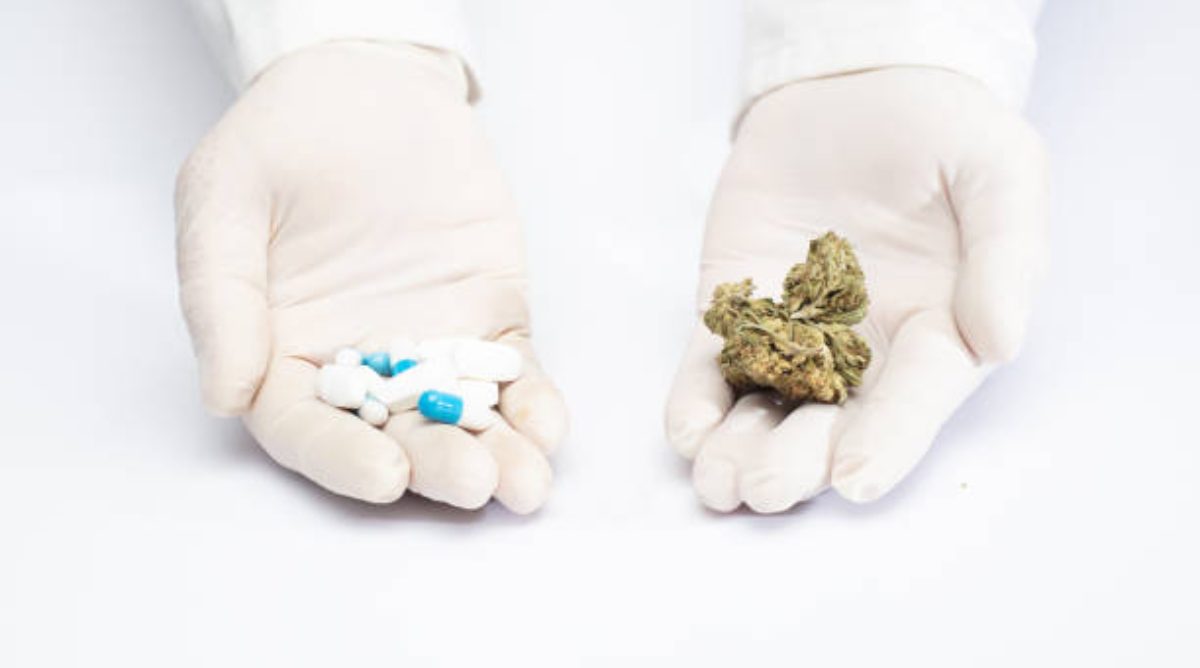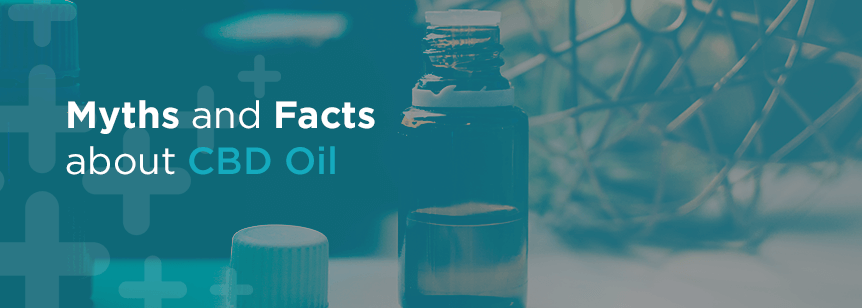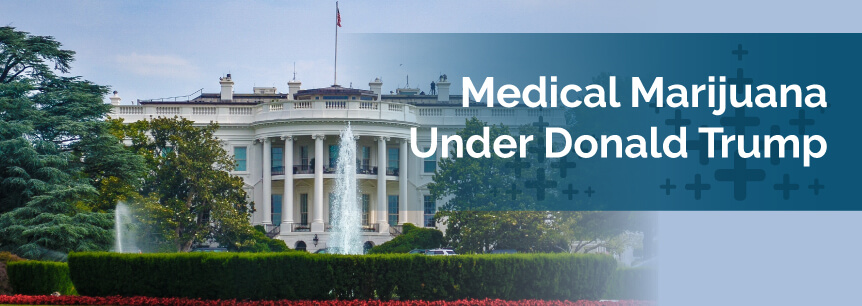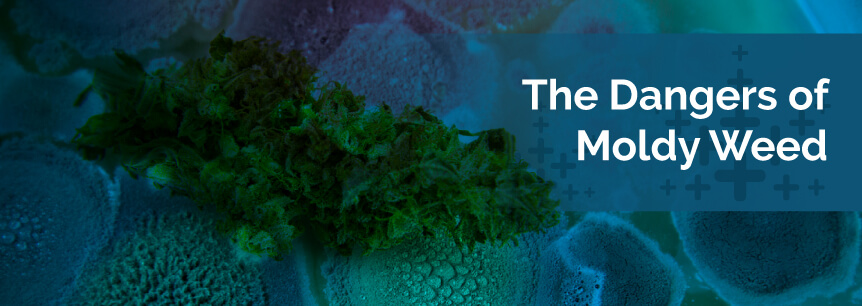Cymbalta (duloxetine) is a commonly prescribed drug used for several purposes, including anxiety, depression, fibromyalgia, and chronic nerve pain—conditions that also appear on many state lists of approved uses for medical marijuana. Patients who are prescribed Cymbalta may have questions like whether the drug can be taken alongside medical marijuana or whether medical cannabis can serve as a replacement for Cymbalta. In this article, we’ll help you find answers to those questions and more.
What Is Cymbalta?
Cymbalta, also known as duloxetine, is a serotonin and norepinephrine reuptake inhibitor (SNRI). As the name implies, SNRIs increase the serotonin and norepinephrine in the brain. These chemicals help regulate moods, pain, and other important bodily functions, and Cymbalta helps influence the levels of those chemicals in the brain.
It comes in the form of a delayed-release capsule that you take with water or another drink. The standard capsule immediately releases the medicine, providing a quick and strong benefit. The delayed-release capsule slowly releases the medicine into your system, producing a milder effect that lasts longer. Unless the patient can’t swallow, it is not recommended to open the capsule and ingest the contents directly, as it immediately releases the medicine and doesn’t last as long.
Side effects of Cymbalta range from mild to severe. Common side effects include aches, frequent urination, excessive sweating, sleep issues, weight loss, nausea, digestive issues, and sexual problems (e.g., anorgasmia, decreased libido, etc.). Rarer side effects include bleeding problems, serious skin reactions (i.e., Stevens-Johnson syndrome), worsening depression, and suicidal thoughts, which should be reported immediately.
In certain cases, a patient can experience withdrawal symptoms after abruptly stopping use. Some have to do with muscle control, such as muscle spasms, tremors, coordination problems, overactive reflexes, and loss of bladder control. Others relate to overstimulation, like agitation, restlessness, sleep issues, and uncontrollable excitement. Do not stop taking Cymbalta without first consulting your doctor.
If you use Cymbalta for depression, be aware that it may worsen your depression symptoms. If you experience increased depression when you take it, contact your doctor or pharmacist right away.
Is It Safe To Combine Cymbalta and Weed?
While Cymbalta and cannabis can be used for similar purposes, you should use caution if you take them together. Some of their side effects are also similar, meaning they could be magnified if the two substances are combined.
The problems occurring when the two drugs interact tend to be related to cognitive and motor function. Cognitive side effects that may be amplified include:
- C Concentration problems
- C Confusion
- Impaired judgment
Difficulty thinking, Motor side effects include impaired coordination and dizziness. These side effects can become even worse when you use cannabis or alcohol. Elderly persons must be cautious to avoid falls while on Cymbalta or cannabis, and taking both may significantly increase this risk.
Drugs.com classifies the interaction between Cymbalta and marijuana as moderate. According to the site’s guide, doctors should recommend the combination only in special circumstances. If you and your doctor decide that the benefits outweigh the risks, and you want to try taking both together, closely monitor your symptoms and stay in touch with your physician.
Potential Benefits and Risks of Mixing Cymbalta and Marijuana
Cymbalta is often prescribed to treat depression, anxiety, fibromyalgia, and chronic neuropathic pain (typically from diabetes). However, some users may also turn to marijuana for additional relief. However, combining the two substances can result in both potential benefits and risks. Therefore, it’s important to understand how these interactions could impact your health before considering this combination. They include:
Potential Benefits
Cannabis is shown to provide relief from a wide variety of conditions, including those for which doctors prescribe Cymbalta.
Cannabis, especially hemp, may relieve anxiety and depression symptoms, for example. Research shows that patients often use medical marijuana to ease depression after they’ve tried conventional medications and didn’t respond to them or want less side effects. Although scientists still don’t fully understand what makes cannabis effective at treating mood disorders, research indicates it likely has to do with:
- Activation of CB1 receptors
- Serotonin receptors
- Increasing naturally occurring antidepressant and pain-relieving endocannabinoids
Cannabis can ease anxiety as well. Some of the major components of marijuana are cannabidiol (CBD) and cannabigerol (CBG), which are found to reduce anxiety in clinical trial subjects and are suggested to have antidepressant effects in psychiatry.
However, THC-dominant products, including marijuana (high THC cannabis, low in CBD and CBG), can also heighten anxiety and paranoia in certain people. Monitor your symptoms closely if you medicate with cannabis. It’s likely best to avoid high THC products in favor of hemp-derived CBD and CBG-dominant products.
Potential Risks
One of the primary concerns is the potential for increased side effects, such as dizziness, confusion, or drowsiness, which can impair motor skills and cognitive function. This could raise the risk of accidents, particularly in special populations like the elderly or when performing activities like driving. Marijuana can also elevate serotonin levels, and when combined with Cymbalta, which affects serotonin uptake, there is a potential risk of serotonin syndrome, which is a dangerous condition characterized by symptoms such as rapid heart rate, high blood pressure, fever, and seizures.
Additionally, long-term use of both substances together may increase the likelihood of developing tolerance or dependency, which could make managing symptoms more challenging over time. There’s also limited research on how cannabis affects Cymbalta’s metabolism, meaning that some users may experience unpredictable drug interactions.
Final Thoughts
When considering the combination of duloxetine (Cymbalta) and weed, it’s crucial to approach it with caution and under the guidance of a healthcare professional. While both substances can offer relief from similar conditions, such as anxiety, depression, and chronic pain, mixing them may lead to heightened side effects or unpredictable interactions.
Always consult your healthcare provider before making any changes to your medication regimen, and closely monitor your body’s response if you choose to combine these substances. For some, the potential benefits of combining Cymbalta with medical marijuana may outweigh the risks, but this is not the case for everyone.
Frequently Asked Questions
Can you smoke while on duloxetine?
Smoking marijuana while taking Cymbalta is not recommended without consulting your doctor. The combination may increase the risk of side effects like dizziness, confusion, and impaired motor skills. It’s important to monitor your symptoms closely if you decide to use both.
What should I avoid when taking Cymbalta?
When taking Cymbalta, avoid alcohol and other substances that can increase drowsiness, such as sedatives or muscle relaxers. Combining these can heighten side effects like dizziness, impaired coordination, and cognitive issues. Always check with your doctor before using any new medication or supplement.
Note: The content on this page is for informational purposes only and is not intended to be professional medical advice. Do not attempt to self-diagnose or prescribe treatment based on the information provided. Always consult a physician before making any decision on the treatment of a medical condition.






